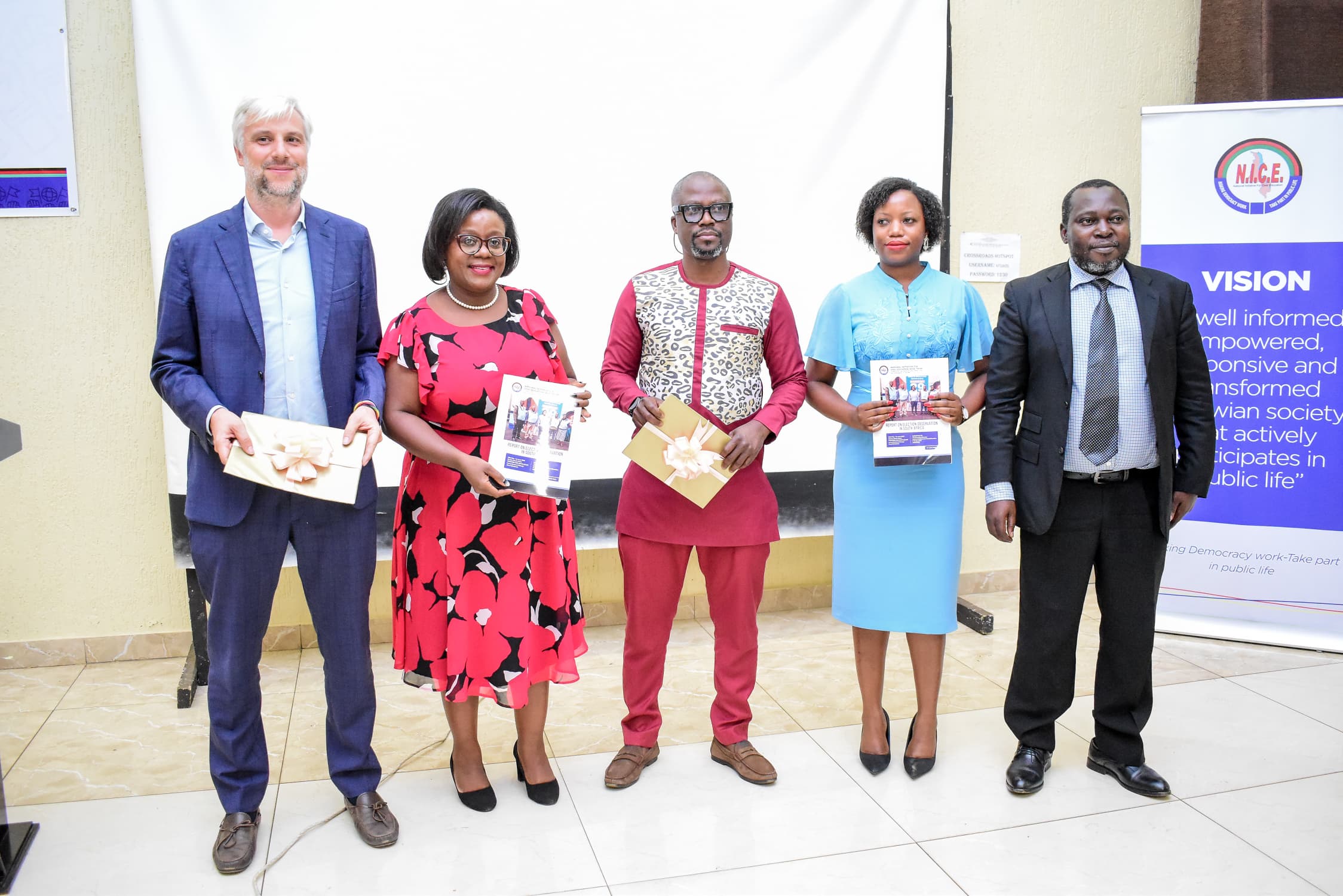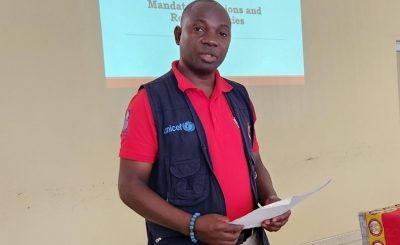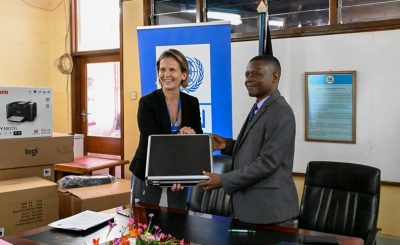The National Initiative for Civic Education (NICE) Public Trust has called on Malawi Electoral Commission (MEC) to adopt critical lessons from South Africa’s recent general election in preparation for upcoming polls.
The remarks were made during the dissemination of the 2024 South Africa General Election observation report, held at Crossroads Hotel, Lilongwe, where NICE emphasized the value of preparedness, inclusive voting, and seamless election management, as demonstrated by South Africa’s Independent Electoral Commission (IEC).
NICE Board Chairperson, Lingalireni Mihowa, highlighted South Africa’s effective use of backup systems during challenges like network outages and power cuts, collaborative complaints management approaches as some of the practices that Malawi could incorporate to enhance its electoral processes.
“The IEC had a backup plan because they were using Voter Management Devices. In some polling centers, they faced network challenges, but they had a backup system in place. Despite load-shedding, they ensured that generators and solar torches were available, enabling presiding officers to complete voting and counting within the required time. We encourage this level of preparedness,” Mihowa stated.
Mihowa observed that although the participation of women in political positions was found lacking, South Africa’s Independent Electoral Commission (IEC)has set a high standard in terms of preparedness, with the process accommodating inclusive voting system, which allows persons with disabilities, the elderly, and expectant women to cast their ballots a day before the main election.
She has however suggested that Malawi’s Electoral Commission (MEC) could benefit from adopting similar provisions to accommodate vulnerable groups.
“Even those who knew they would be unavailable on election day could apply for special voting and cast their ballots a day earlier. This is a practice that Malawi’s Electoral Commission could consider for future elections,” she added.
Echoing the sentiments, Emma Kaliya, Executive Director of the Malawi Human Rights Resource Centre (MHRRC), stressed the need for Malawi to begin thinking about enabling diaspora voting, as South Africans living abroad are able to register and vote at their Foreign Missions.
“The management of the diaspora vote was seamless,” Kaliya noted, also highlighting the high level of tolerance at polling centers, where even though electoral laws allowed political parties to share materials and express support for their candidates with no conflicts.
On her turn,Michele Crimella, Team Leader for the European Union (EU) Social Sector, which supported the observation mission, lauded Malawi’s participation, saying it presented an opportunity to learn and adopt best practices for future elections.
The delegation to South African’s poll from Malawi was divided into two teams,with a task to observe the elections in KwaZulu-Natal and Gauteng provinces on May 29, 2024.





